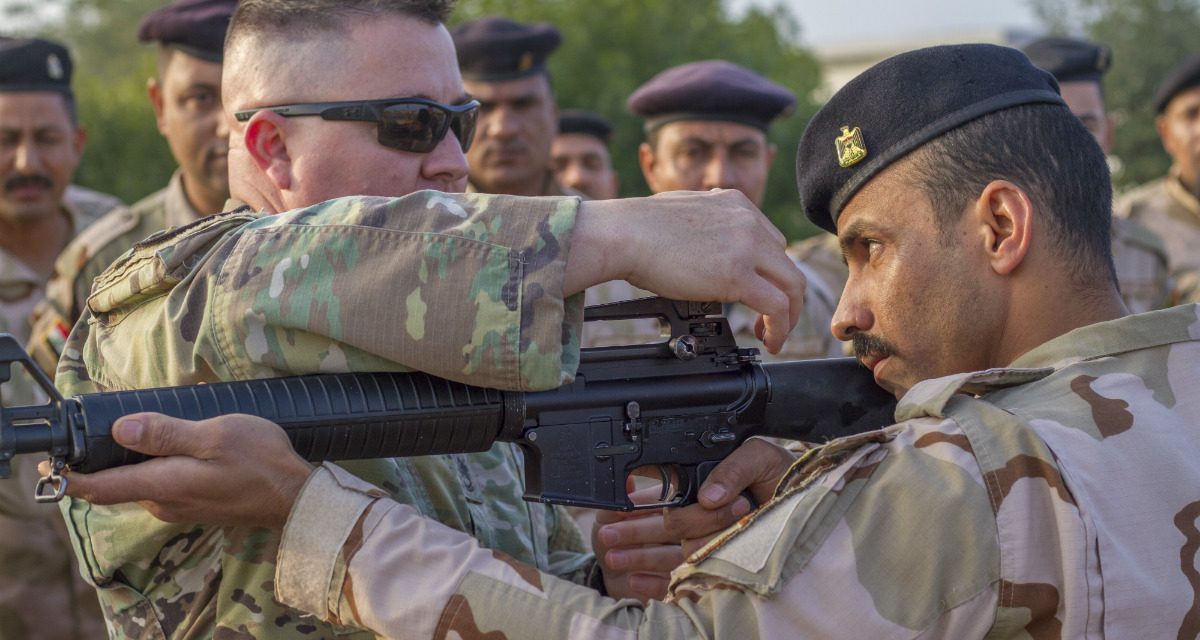If one accepts that the American military is the most powerful armed force in human history, why does it have a mixed record when it comes to building up foreign armies in weak states? With immense experience, capability, and resources, the United States should be able to train and develop competent armed forces in any host nation. Yet evidence over the past several decades has shown how difficult this task is. When a Senegalese general was asked why the United States struggled to create effective militaries throughout Africa, despite the United States (and other countries) committing tremendous resources (for example, funding, equipment, trainers/advisors, among others), he explained, “The logic of their politics will show you the quality of their military.” His remark should not come as surprise, yet in interviews with officials that oversee (and conduct) security force assistance (SFA), there is a massive disconnect between what is believed possible and what can actually be accomplished given the political context within each country. This highlights a substantial problem with Western SFA: it is too focused on building an army in the absence of a viable state that has the institutional capacity and political willpower to sustain that army.
Read the full article in Joint Force Quarterly.
The views expressed are those of the authors and do not reflect the official position of the United States Military Academy, Department of the Army, Department of Defense, or any organization or institution with which the authors are affiliated.
Image credit: Spc. Jovi Prevot, US Army National Guard




You can lead a horse to water but you can't make it drink.